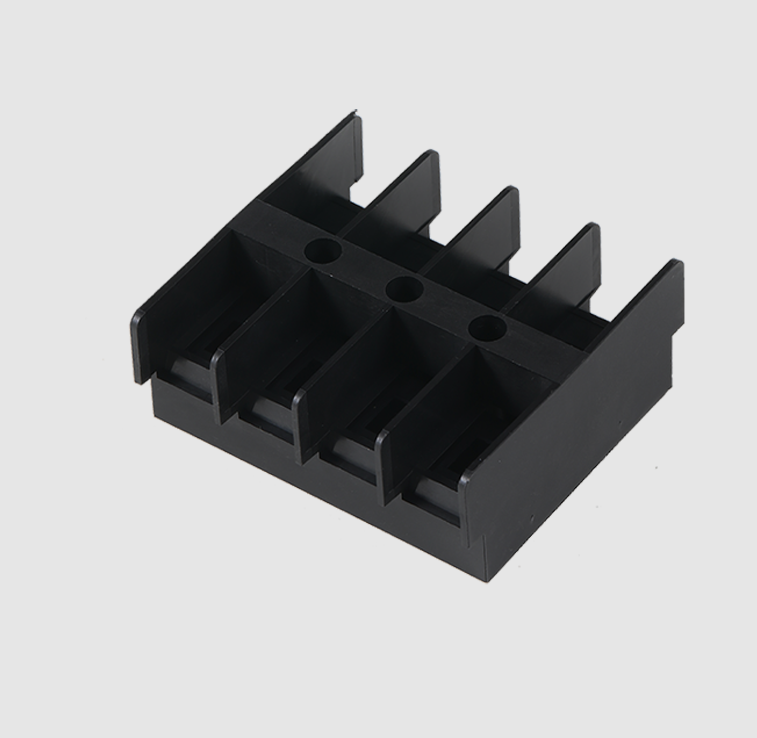Precision injection molding is a sophisticated manufacturing process that has revolutionized the production of high-quality components across various industries. By injecting molten material into a precisely engineered mold, this technique ensures that each part is produced with exceptional accuracy and consistency. Whether used in automotive, medical, or electronics manufacturing, precision injection molding plays a crucial role in delivering reliable and functional products.
One of the primary benefits of precision injection molding is its ability to produce parts with tight tolerances. This level of precision is essential for applications where part failure could have significant consequences, such as in medical devices or automotive components. By maintaining high accuracy, precision injection molding helps to reduce the risk of defects and ensures that parts fit and function as intended. This is particularly important in industries where safety and reliability are paramount.
Another important aspect of precision injection molding is its efficiency. Once the mold is created, the process can produce large quantities of parts quickly and with minimal waste. This makes it an ideal choice for high-volume production runs, where consistency and speed are crucial. Additionally, the use of advanced materials and technologies allows for the production of lightweight, durable, and functional components that meet the demands of modern manufacturing.
Precision injection molding also offers significant design flexibility. Engineers can create complex geometries and intricate features that would be difficult or impossible to achieve with other manufacturing methods. This allows for the production of highly customized parts that meet specific functional and aesthetic requirements. For example, in the medical industry, precision injection molding can be used to create small, intricate components for medical devices, ensuring that they are both functional and safe for use.
In addition to its technical advantages, precision injection molding is also an environmentally friendly process. The use of advanced materials and efficient production methods helps to reduce waste and minimize the environmental impact. Many manufacturers are also adopting sustainable practices, such as recycling and reusing materials, to further reduce their carbon footprint.
Precision injection molding is a vital process in modern manufacturing. Its ability to produce high-quality, consistent, and complex components makes it an essential tool for industries that require precision and reliability. By leveraging advanced technologies and materials, precision injection molding helps to drive innovation and efficiency in manufacturing, ensuring that products meet the highest standards of quality and performance.
